Cats have long been celebrated for their independent nature. Unlike dogs, they’re often seen as solitary creatures who require little beyond basic needs. This perception stems from their evolutionary background as solitary hunters. But does this solitary nature influence their capacity to form bonds with humans?
Domestication and Its Impact on Felines
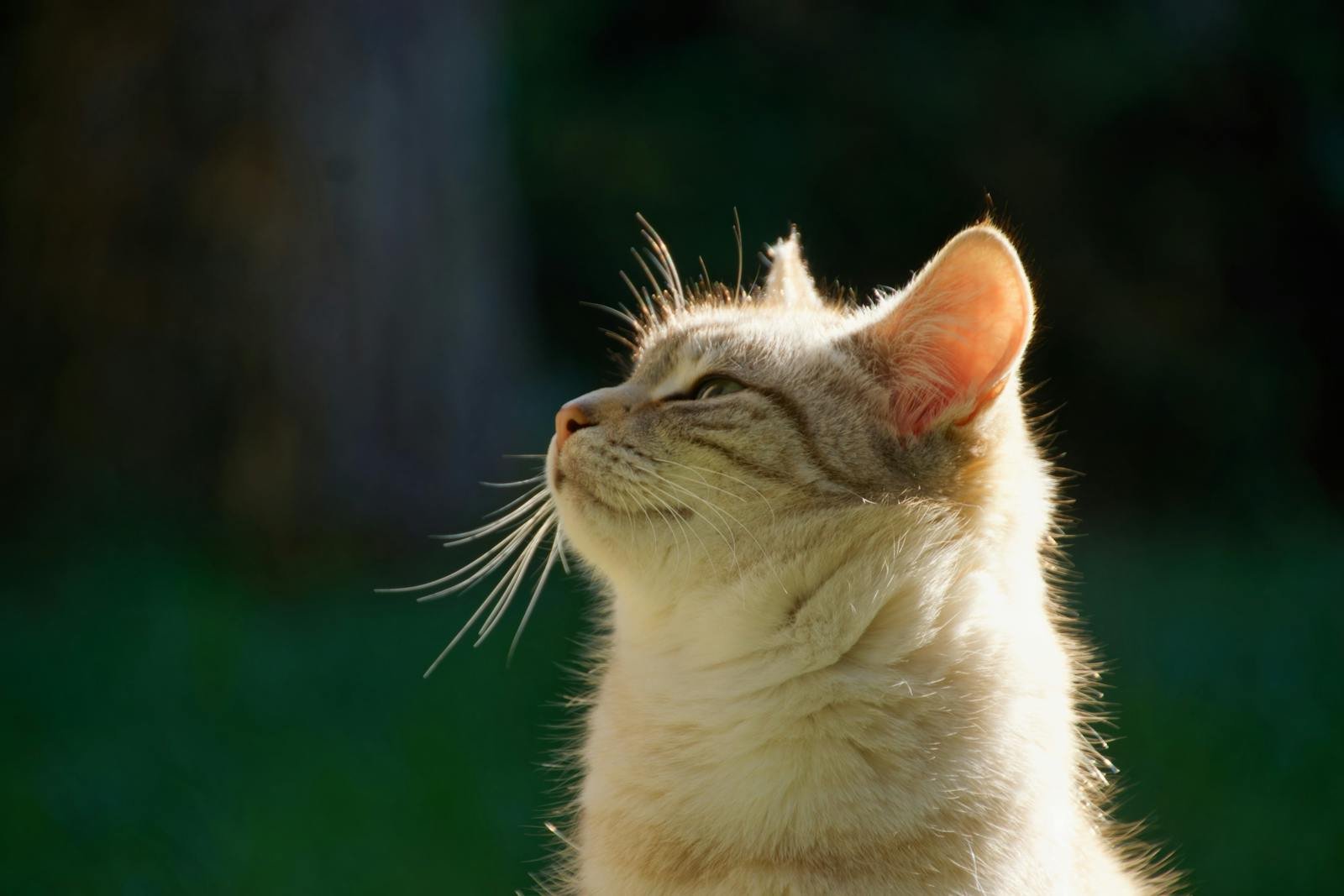
Understanding the domestication process is key to unraveling the mystery of human-cat relationships. Unlike dogs, who have been bred for specific roles, cats essentially domesticated themselves, likely drawn to human settlements by the presence of rodents. This self-domestication led to a more ambiguous relationship with humans, where mutual benefit was the foundation of their association.
Attachment Studies: What Science Says
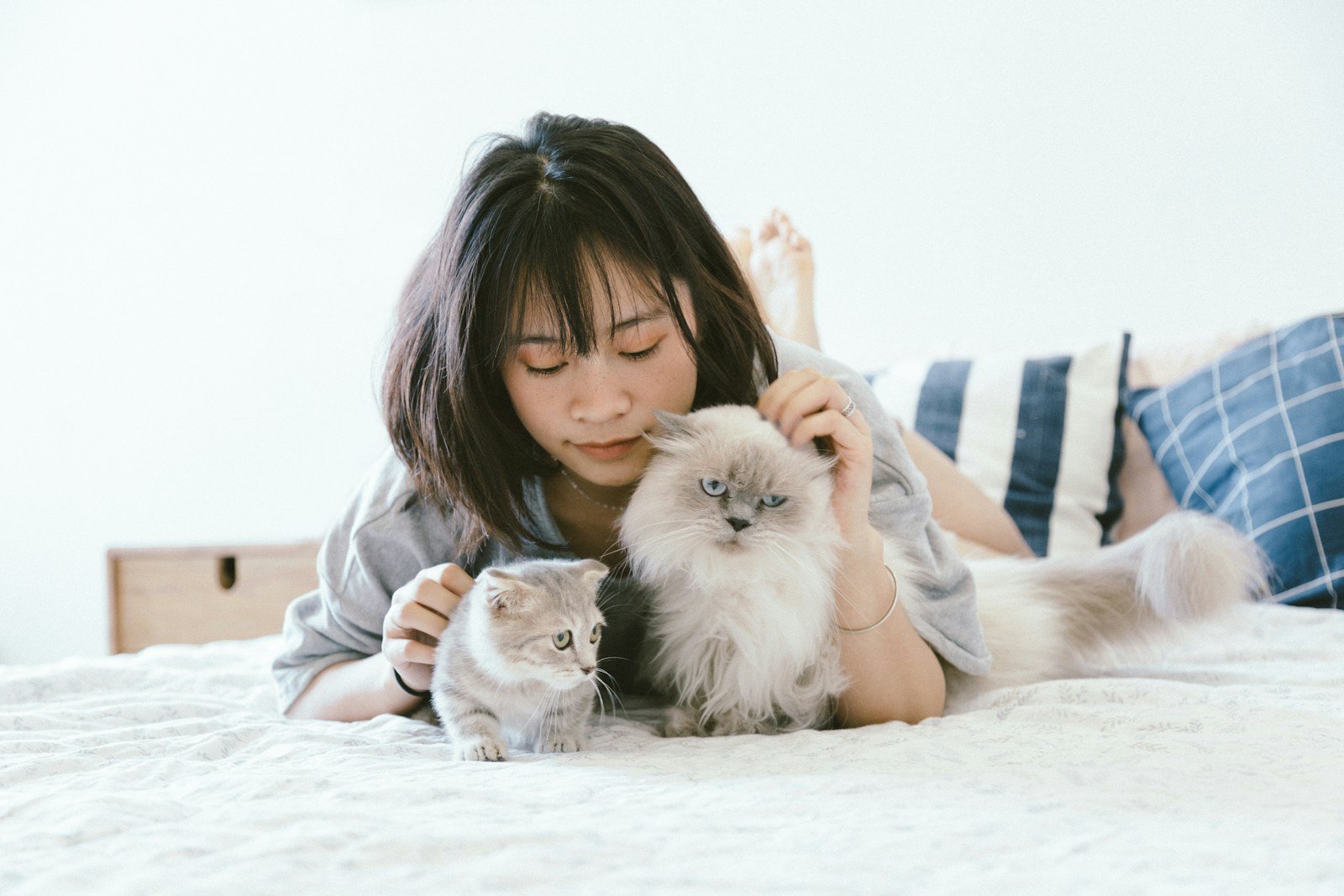
Recent studies have started to shed light on whether cats truly form attachments to their human companions. Research conducted at Oregon State University demonstrated that cats could form secure attachments akin to those seen with dogs and even infants. These findings suggest that cats might not be as emotionally detached as once thought.
The Role of Socialization

A cat’s capacity to bond with humans can be influenced significantly by its early life experiences. Cats that are well-socialized with humans from a young age tend to be more affectionate and comfortable around people. This highlights the importance of human interaction during critical developmental stages.
Understanding Cat Behavior and Communication
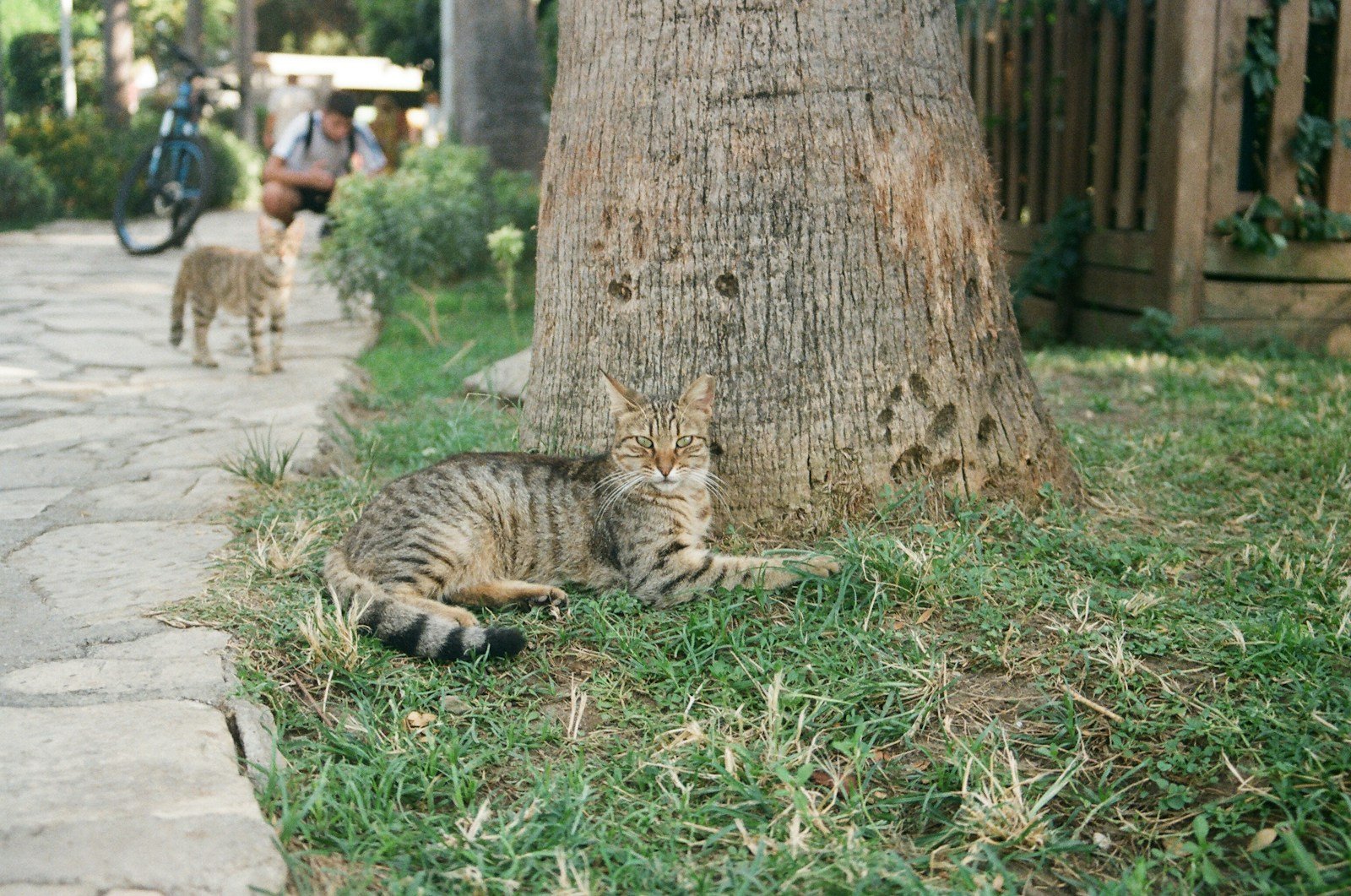
Cats communicate in ways that can be subtle and easily misunderstood. From purring to slow blinking, these behaviors are often signs of affection and trust. Recognizing these signals can help individuals foster a deeper connection with their feline friends.
Comparing Feline and Canine Affection
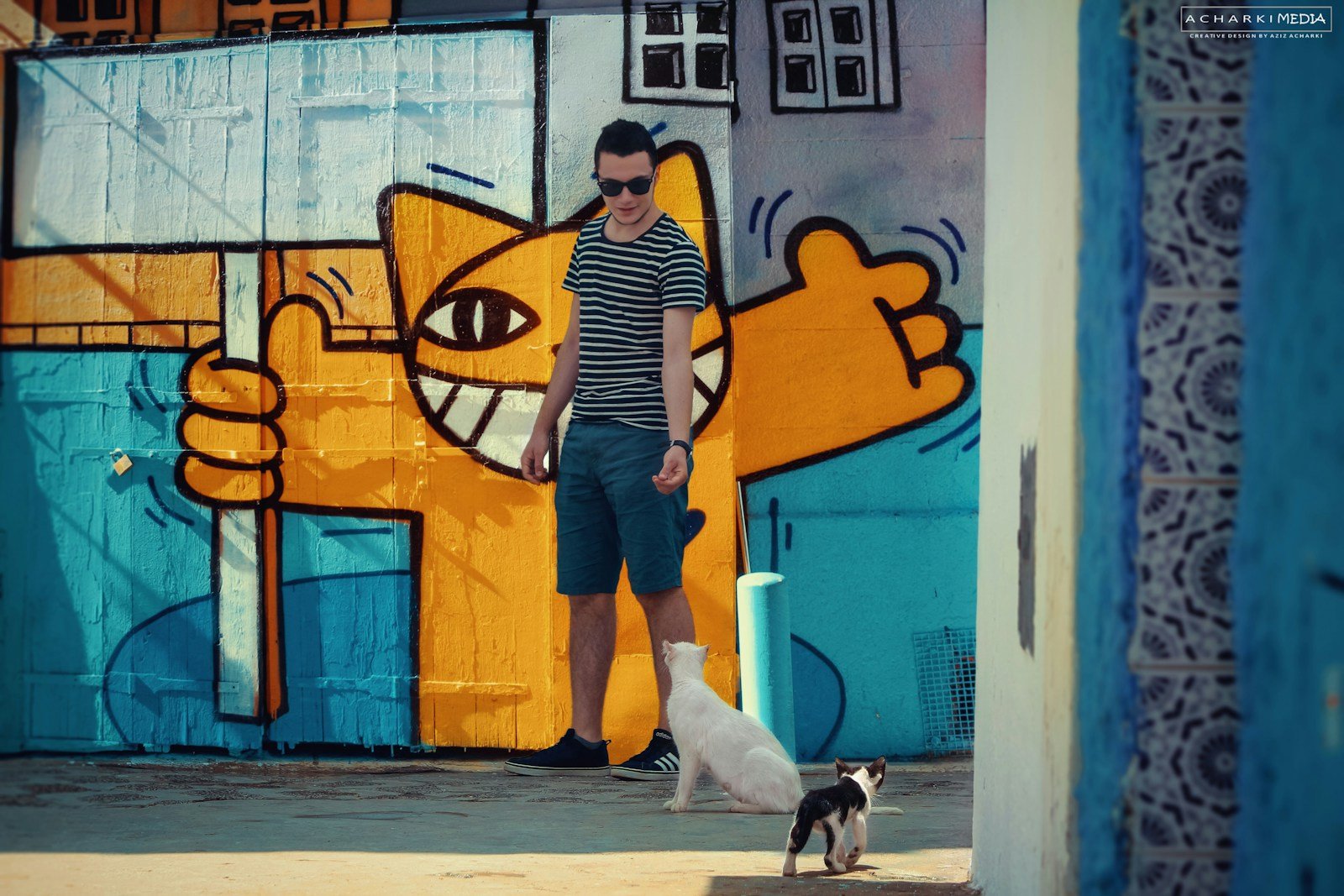
While dogs exhibit overt displays of affection, cat affection can often be understated. Cats may show their loyalty through quieter gestures such as bringing gifts, following their owner around the house, or simply sitting nearby. Understanding these nuances is essential to appreciating a cat’s love.
Cats as Emotional Support Animals
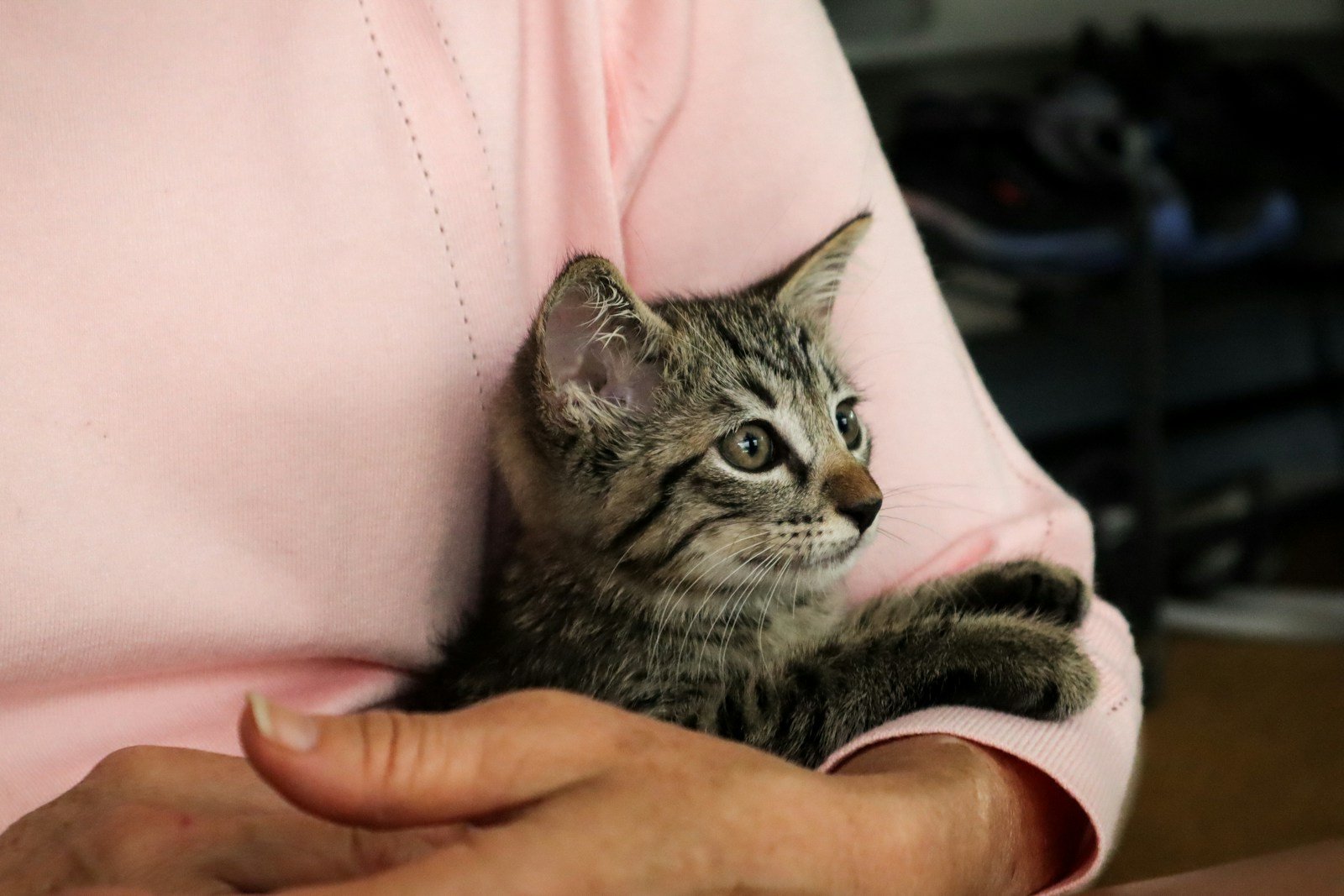
Many people find companionship and comfort in their cats, with some even serving as emotional support animals. Their presence can provide emotional stability, reduce anxiety, and alleviate feelings of loneliness, signifying a bond that extends beyond mere coexistence.
Unique Bonds: Individual Personalities and Preferences
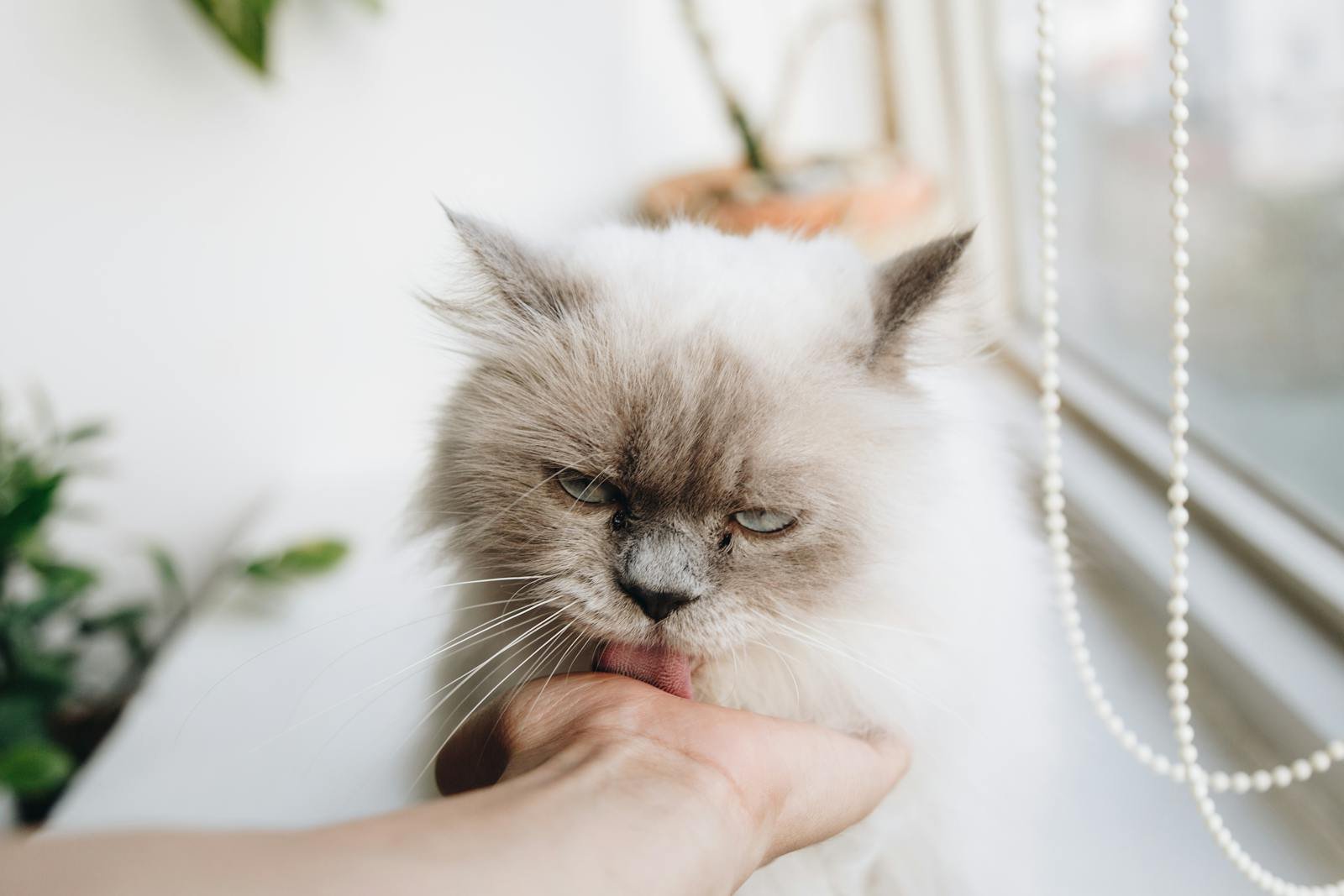
Each cat, much like humans, has a unique personality that influences how it bonds with people. Some may be more independent, while others might seek out constant interaction. Understanding and respecting these differences can enhance the human-feline relationship.
The Impact of Environment and Routine
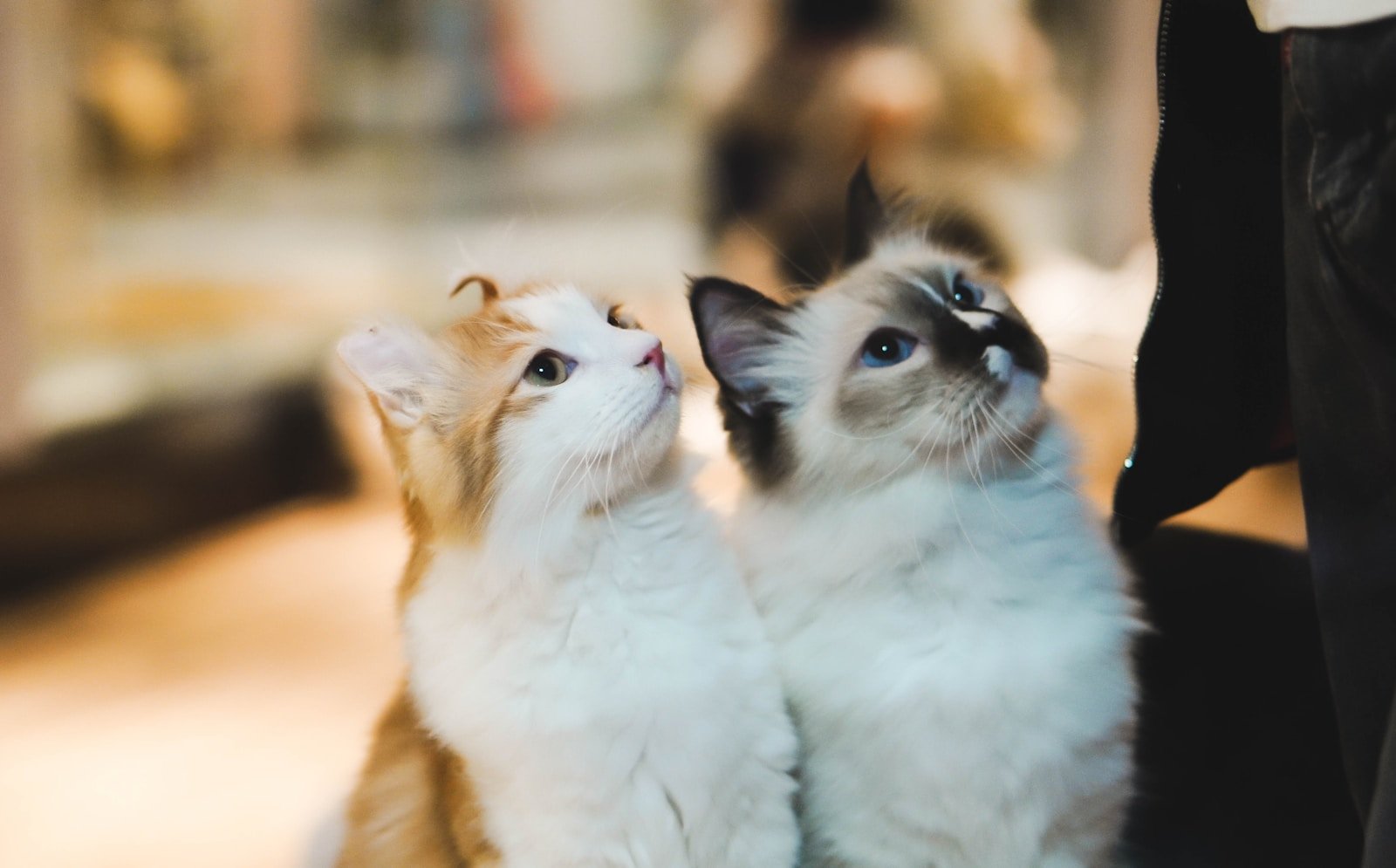
The environment in which a cat is raised can significantly affect its ability to bond with humans. A stable, enriched environment with consistent routines can promote a stronger, healthier attachment, as cats are creatures of habit and find comfort in predictability.
The Unseen Benefits of the Human-Cat Connection
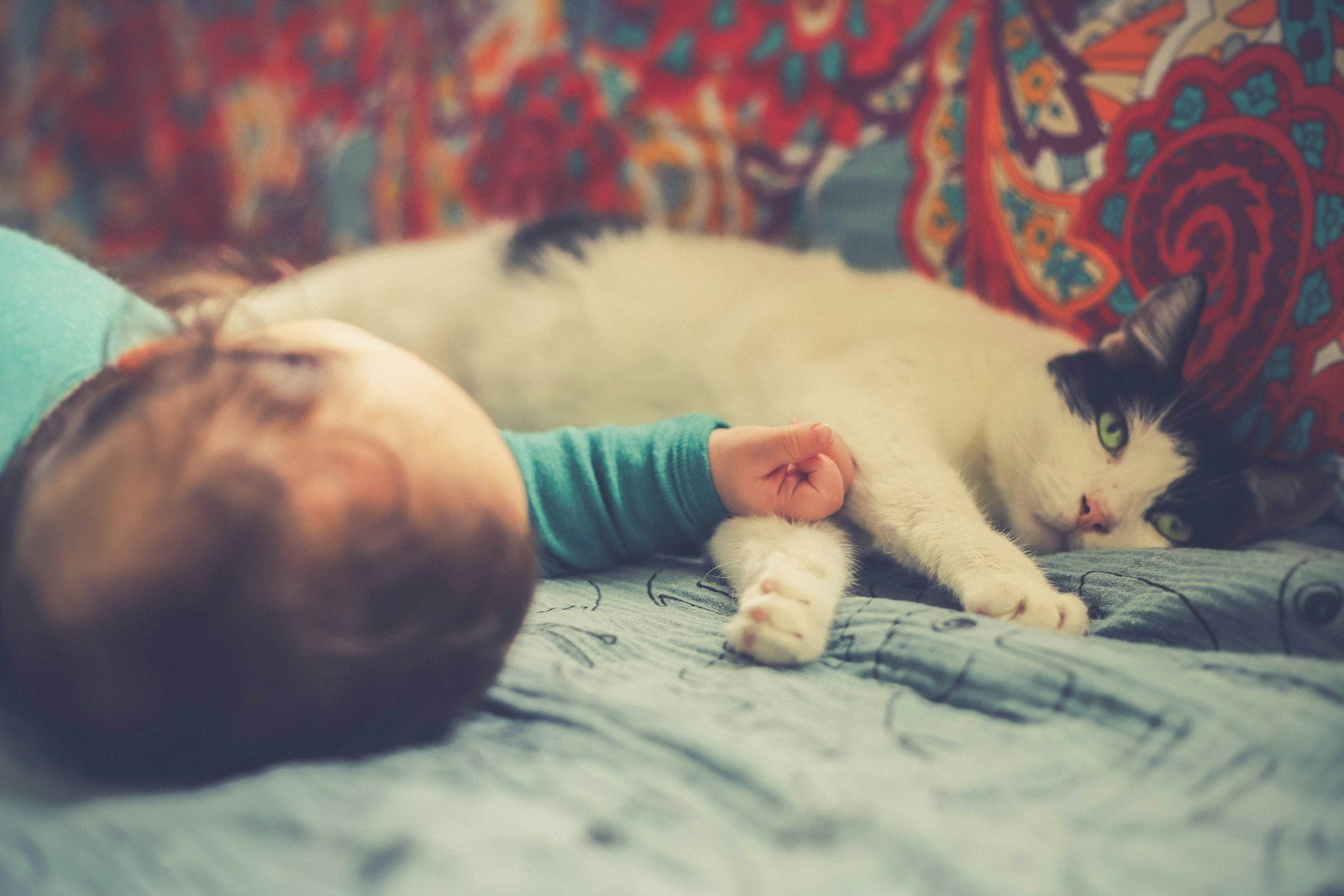
Beyond companionship, the bond between humans and cats has numerous benefits. Studies suggest that owning a cat can reduce stress, decrease the risk of heart attack and stroke, and even improve mental health. This symbiotic relationship illustrates that cats are more than just independent survivors; they are beloved companions with whom humans share profound connections.
Conclusion: A Complex Yet Rewarding Relationship

The question of whether cats truly bond with humans or are merely independent survivors is complex. While their independent nature is undeniable, scientific studies and everyday experiences indicate that cats are capable of forming meaningful bonds with humans. By understanding their communication styles, respecting their individuality, and providing a nurturing environment, cat owners can cultivate a rewarding and affectionate relationship with their feline companions.
Hi, I’m Bola, a passionate writer and creative strategist with a knack for crafting compelling content that educates, inspires, and connects. Over the years, I’ve honed my skills across various writing fields, including content creation, copywriting, online course development, and video scriptwriting.
When I’m not at my desk, you’ll find me exploring new ideas, reading books, or brainstorming creative ways to solve challenges. I believe that words have the power to transform, and I’m here to help you leverage that power for success.
Thanks for stopping by, Keep coming to this website to checkout new articles form me. You’d always love it!






